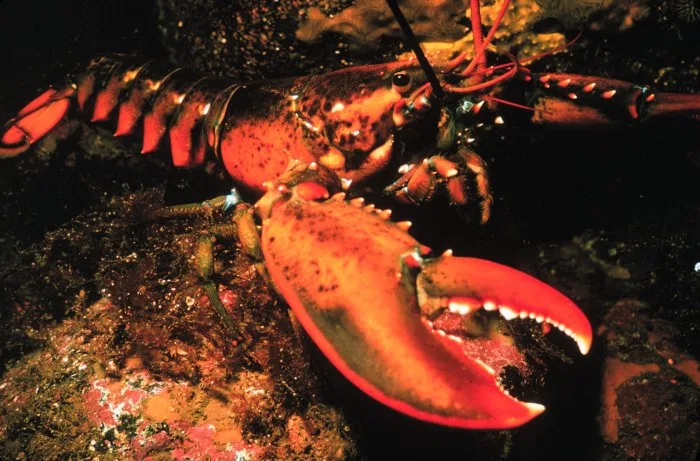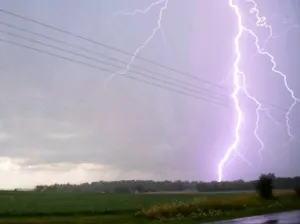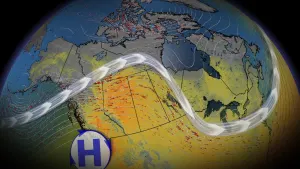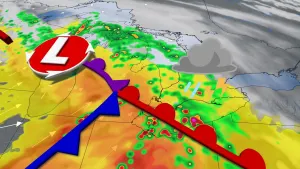
Nova Scotia's lobster industry faces massive setbacks due to COVID-19 impacts
It was shaping up to be one the best seasons ever, but then COVID-19 struck.
Geoff Irvine says "it was probably the best time in the lobster industry ever."
As executive director of the Lobster Council of Canada, things were looking up as the new decade began.
The shore price was good, catches were consistent and filled the demands of the markets for live and processed lobster.
Then, along came COVID-19.
Irvine says the Chinese market, the Atlantic industry's biggest for live lobster, started to collapse on January 25th as they began closing restaurants in China.
Europe and the United States would soon follow.
Why can't fishers just wait it out until demand rises again? It's not that simple.
SEE ALSO: Nova Scotian inpsires city to keep active in a unique way during coronavirus lockdowns
One of the challenges in Canada is that the seasons are all generally timed to the time of year when the lobsters have recovered from their moulting process.
"We try to fish when the lobsters are at their best quality," says Irvine. "So we don't fish, generally anywhere in the middle of the Summer, with one lobster fishing area notwithstanding, but we don't fish in the middle of the summer because generally the lobsters are recovering from that moulting process so they're soft and they don't have a lot of meat in them, so we try to avoid them at that time of year and the moult can be impacted by the water temperature. The weather, temperature, it all impacts it."
The Canadian government hasn't stepped in to shut anybody's season down, deeming the seafood industry essential. Commercial fishers are able to get a vendor permit.
"There was a significant amount of lobster left in inventory from the winter at high prices and that got worked through, but now we're into new caught lobster and the price has gone down significantly, but then has bounced back up as there's been a bit of a return to business in China for live lobster," explains Irvine.
RELATED: B.C.’s fishing industry grapples with COVID-19-related impacts
Chartered flights to Asia have been picking up recently, but with virtually no commercial traffic, anything going live to Europe has to take the route of a chartered operation.
Irvine says every other market is very quiet.
"On the processing side it's a very challenging market because a lot, the majority of our processed lobster gets sold in American restaurants and they're mostly closed."
Be sure to watch the video that leads this article for more details on how COVID-19 is impacting Nova Scotia’s billion-dollar lobster industry.
Go here for our complete coverage of the COVID-19 pandemic










